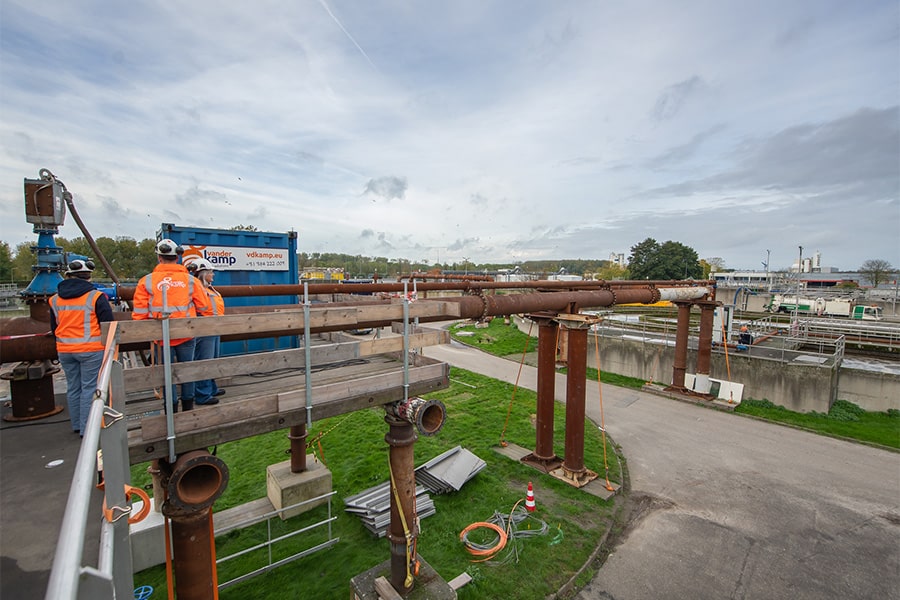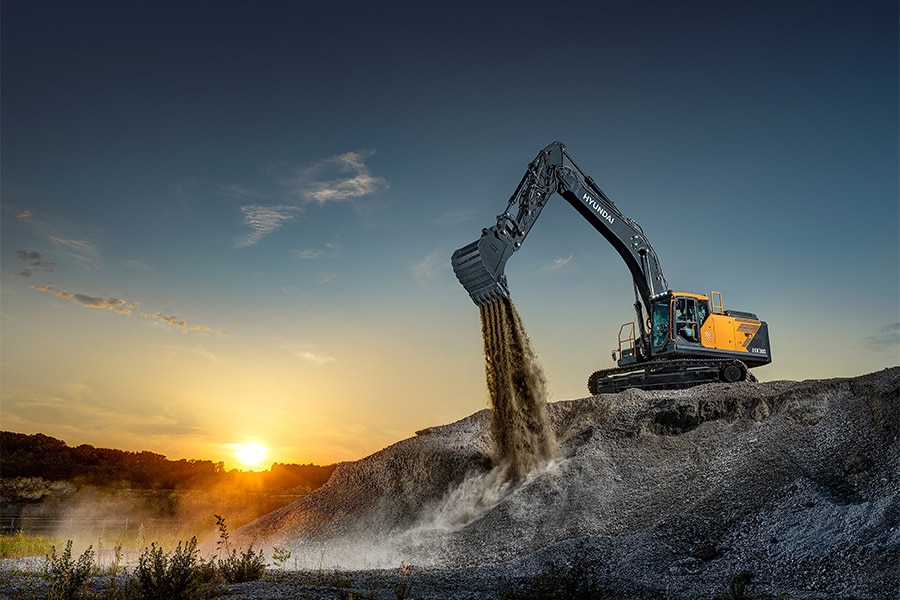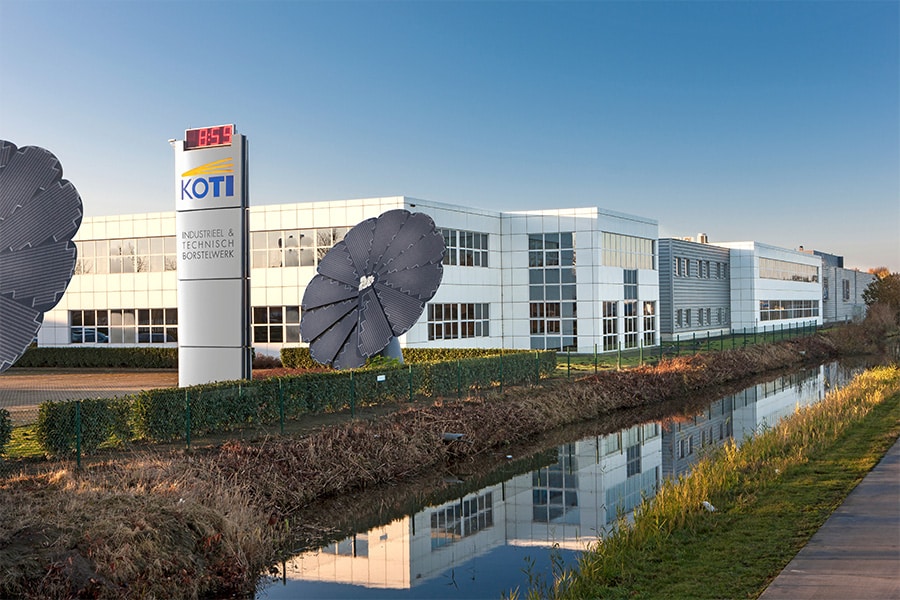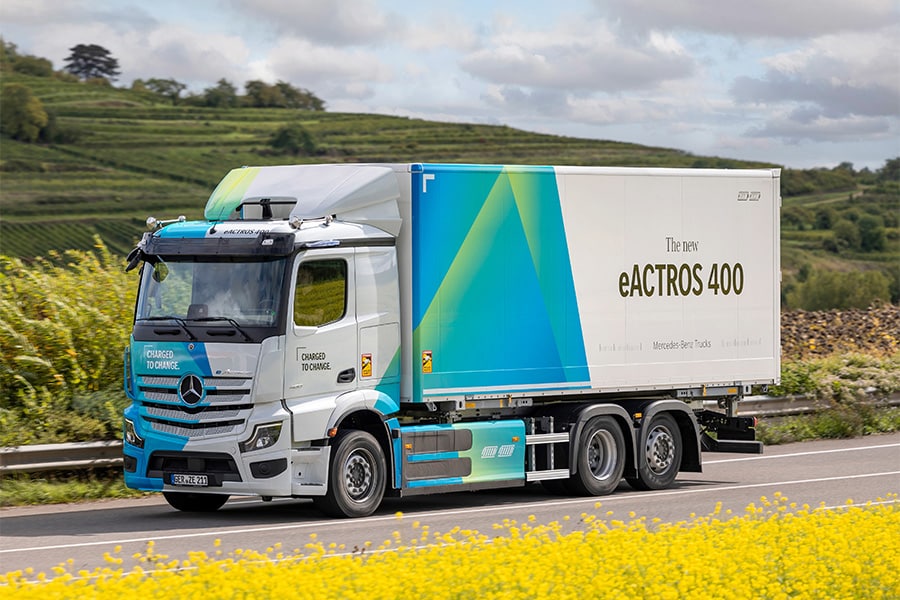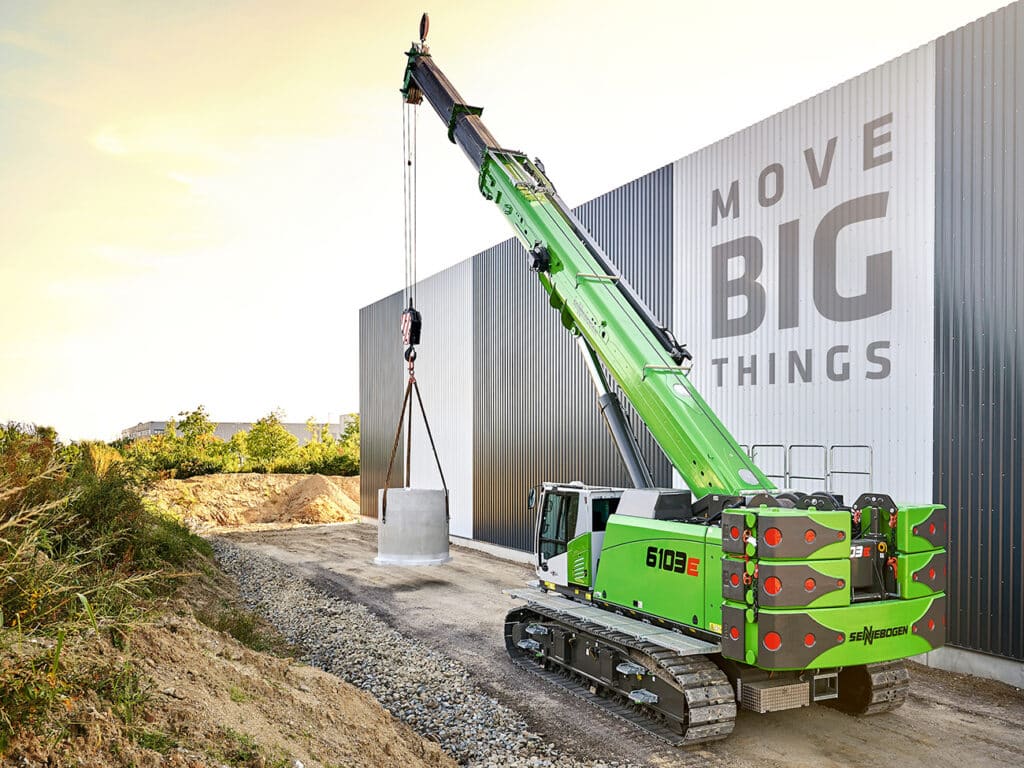
TKD first: battery-powered electric 50-ton crawler telescopic crane
Sennebogen 653 with advanced battery energy storage system
At Van den Heuvel Cranes & Services, they couldn't wait any longer for the factory. More and more customers are asking for it, so the Werkendam-based company is converting a first Sennebogen 653 crawler crane from diesel to electric. That is without a power cable, but with its own advanced battery energy storage system. The aim is to present the machine as a first at the TKD in Almere in June.
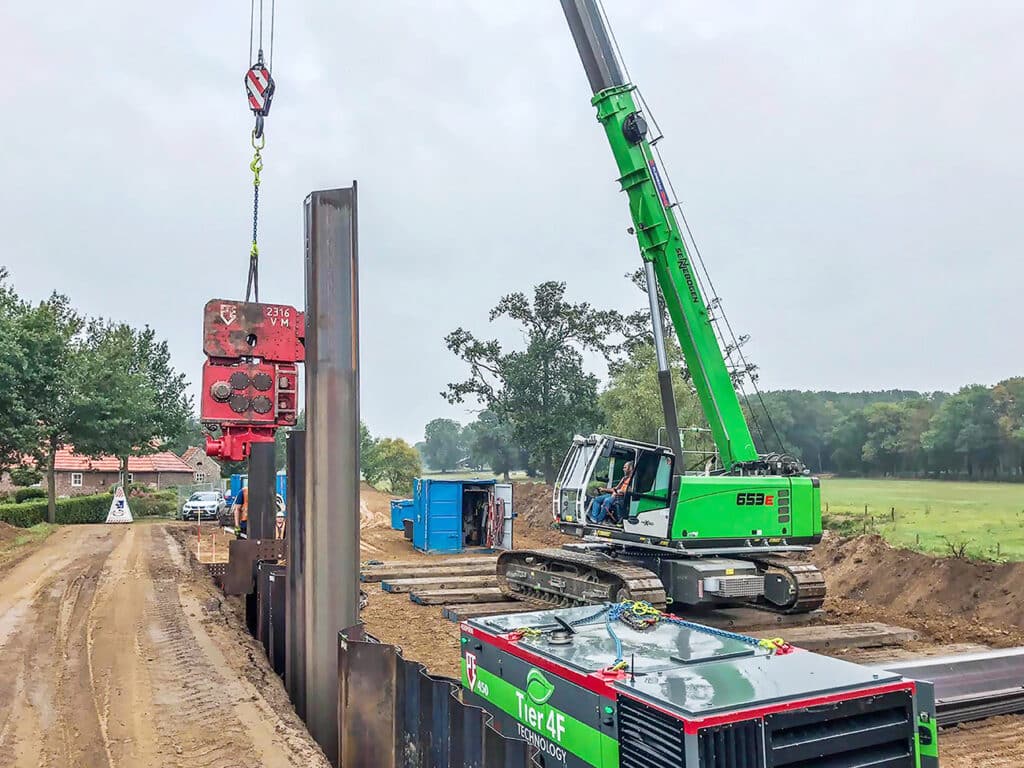
These are busy and interesting times for Van den Heuvel. The company is an initiator in the conversion of the first Sennebogen 653 to a quiet and emission-free crane, which can be used for sustainable work. Because that is the question the company is increasingly receiving from customers. And as befits a Dutch company: when the factory is not yet ready, we are happy to do it ourselves. What is possible with the 50-ton Sennebogen 653 is similarly possible with the 70-ton Sennebogen 673. Incidentally, both of these crawler telescopic cranes, which are successful in our country, will have a bigger brother in the form of the new Sennebogen 6103, a crawler-mobile 100-ton telescopic crane.
Conversion to electric
The basis in making it electric is a delivered machine without a diesel engine, straight from the Sennebogen factory in Straubing, Germany. According to Frank Dikmans of Van den Heuvel, its conversion essentially involves placing an electric drive motor in place of the diesel engine, as well as adding a motor inverter and 24V DC converter, plus a battery energy storage system including charging, heating, cooling and monitoring. The 210 kWh capacity battery system has proven itself under harsh conditions and has been used many times in off-road equipment.
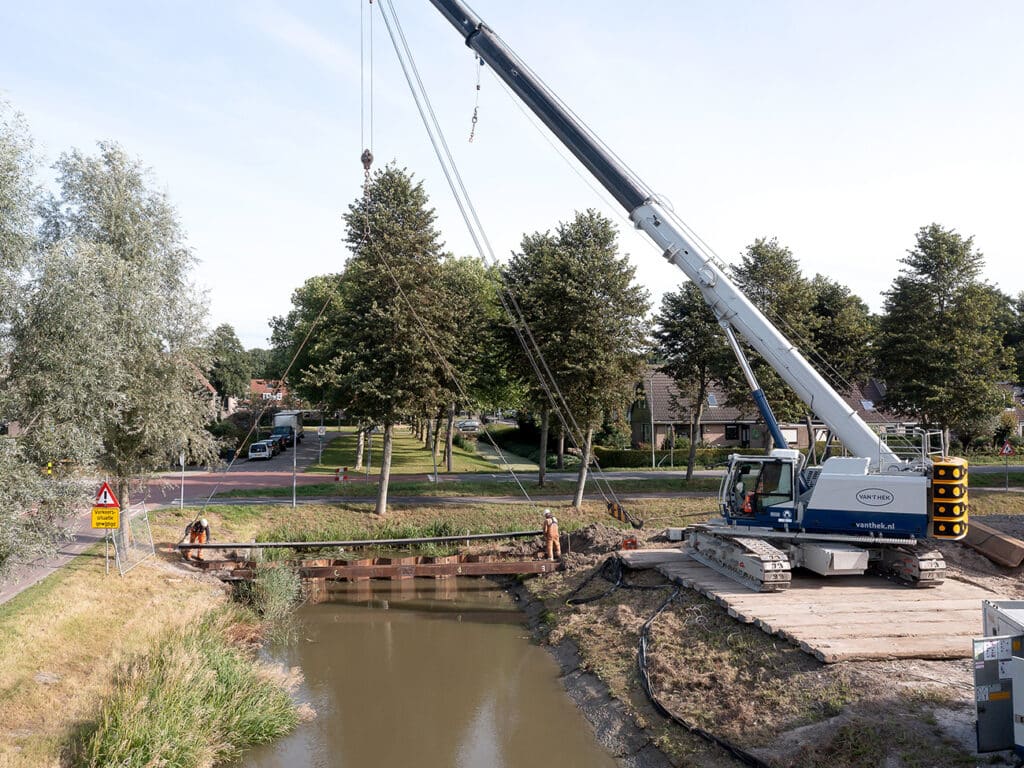
The charging current can easily be chosen and thus adjusted for each situation, from 1 amp to the standard 32 amp. Van den Heuvel is also working on a smart universal plug. This offers a selector switch for the amperage and shows whether charging is indeed taking place. The latter can soon also be checked remotely via an app on the cell phone, so that the operator can be sure that he can start working with the machine the next day.
Certainty and confidence
Frank Dikmans sees increasing demand, especially from companies that operate in inner cities. After all, these have to meet high environmental requirements. The Sennebogen 653 and 673 telescopic cranes are in demand in this respect, because, on the one hand, they can maneuver well in tight locations and, on the other hand, they are technically fully equipped and approved for various foundation work (working with vibratory blocks, for example, to insert sheet piling for construction pits and the like). When asked if the electrical capacity is sufficient, Van den Heuvel can reassure everyone. The additional battery capacity means that one can continue working with the Sennebogen 653 electric crane for a sufficiently long period of time with complete certainty and confidence.
